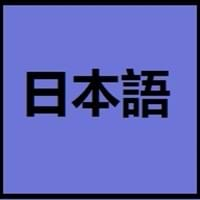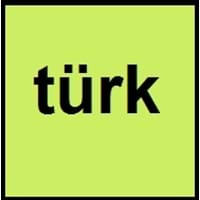Japanese vs Turkish
- In Japanese Language, there are 4 different ways to address people: kun, chan, san and sama.
- There are many words in Japanese language which end with vowel letter, which determines the structure and rhythm of Japanese.
- Turkish language oldest written records are found upon stone monuments in Central Asia, in Orhun, Yenisey and Talas regions.
- Turkish language was developed in the Middle East, streching all the way to Eastern Europe.
Japanese and Turkish Language History
Comparison of Japanese vs Turkish language history gives us differences between origin of Japanese and Turkish language. History of Japanese language states that this language originated in 1185 whereas history of Turkish language states that this language originated in c. 1350. Family of the language also forms a part of history of that language. More on language families of these languages can be found out on Japanese and Turkish Language History.
Japanese and Turkish Greetings
People around the world use different languages to interact with each other. Even if we cannot communicate fluently in any language, it will always be beneficial to know about some of the common greetings or phrases from that language. This is where Japanese and Turkish greetings helps you to understand basic phrases in Japanese and Turkish language. Japanese word for "Hello" is こんにちは (Kon'nichiwa) or Turkish word for "Thank You" is teşekkür ederim. Find more of such common Japanese Greetings and Turkish Greetings. These greetings will help you to be more confident when conversing with natives that speak these languages.
Japanese vs Turkish Difficulty
The Japanese vs Turkish difficulty level basically depends on the number of Japanese Alphabets and Turkish Alphabets. Also the number of vowels and consonants in the language plays an important role in deciding the difficulty level of that language. The important points to be considered when we compare Japanese and Turkish are the origin, speaking countries, language family, different greetings, speaking population of these languages. Want to know in Japanese and Turkish, which language is harder to learn? Time required to learn Japanese is 88 weeks while to learn Turkish time required is 44 weeks.





